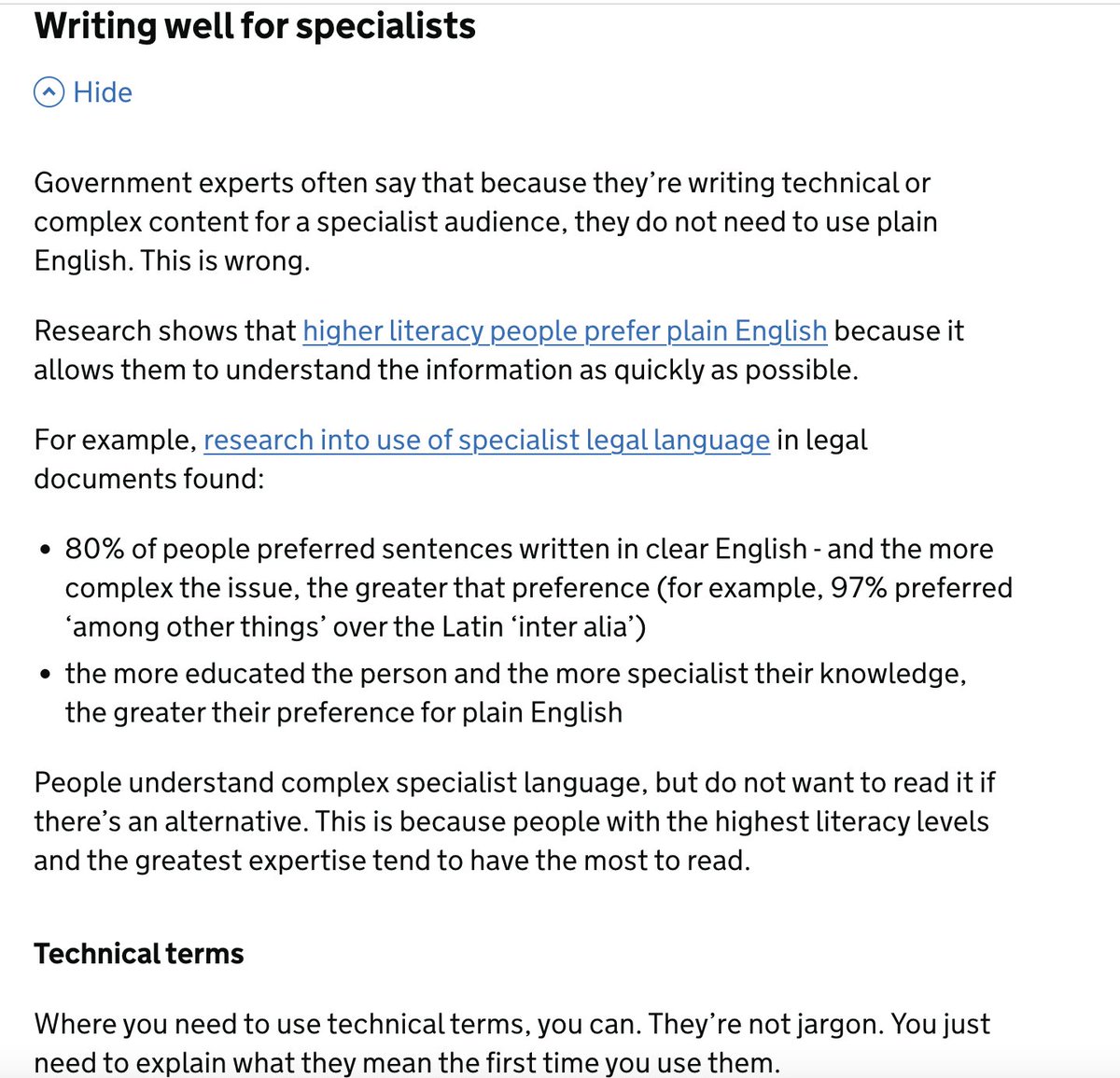
As many people have remote work predictions, here is mine:
Remote work will be here to stay for tech... but not everywhere. The big companies will successfully bring most people back to the office in a hybrid (2-3 days/week) setting. Traditional companies will aim to follow. 1/4
Remote work will be here to stay for tech... but not everywhere. The big companies will successfully bring most people back to the office in a hybrid (2-3 days/week) setting. Traditional companies will aim to follow. 1/4
But in the process, remote work explodes in popularity. Startups, mid-sized companies and a few larger ones go, stay & thrive full-remote.
Businesses helping this transition also thrive - e.g. ones by @mar15sa & @SergioRocks (you should follow them on remote work insights). 2/4
Businesses helping this transition also thrive - e.g. ones by @mar15sa & @SergioRocks (you should follow them on remote work insights). 2/4
Hiring and onboarding people in a remote setting vs in the office/hybrid will continue to be a massive difference, especially with junior engineers.
This is an achilles heel remote-first companies will need to solve: and an advantage hybrid ones currently have. 3/4
This is an achilles heel remote-first companies will need to solve: and an advantage hybrid ones currently have. 3/4
I see the "hybrid vs remote" work a similar debate as the "private offices vs open offices" one was 20 years ago.
Both can work.
It's a tradeoff. And right now, the (in)ability to hire a strong reason for full-remote, for tech companies, and especially startups. 4/4
Both can work.
It's a tradeoff. And right now, the (in)ability to hire a strong reason for full-remote, for tech companies, and especially startups. 4/4
And don't forget one very important dynamic: the ability to hire and the ability to backfill.
If more people reject hybrid/office-based work to the point of companies cannot hire: more companies will move for remote-first.
If they can hire for hybrid: fewer will go full-remote.
If more people reject hybrid/office-based work to the point of companies cannot hire: more companies will move for remote-first.
If they can hire for hybrid: fewer will go full-remote.
One more important dynamic: society.
Remote work is viable thing in tech. But most industries are not entertaining full-remote.
This means at traditional companies, full-remote work *just* for tech won't fly long-term.
Another divide in tech-first vs non-tech-first companies.
Remote work is viable thing in tech. But most industries are not entertaining full-remote.
This means at traditional companies, full-remote work *just* for tech won't fly long-term.
Another divide in tech-first vs non-tech-first companies.
• • •
Missing some Tweet in this thread? You can try to
force a refresh









